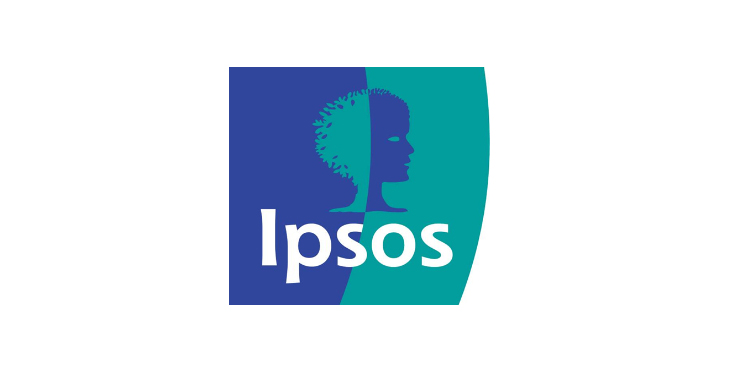According to a global survey by Ipsos on Inflation among 20,504 adults from 30 countries conducted on Ipsos’ Global Advisor online platform between November 19 and December 3, 2021, 6 in 10 urban Indians (58%) and global citizens (59%)said they paid higher prices for essential commodities as compared to six months ago. The essential commodities included transportation, housing, food and drink, utilities, clothing and shoes, medical and healthcare, and entertainment. The markets that faced the highest inflationary prices were of Argentina (79%), Colombia (75%), Turkey (75%) and Russia (74%). And with least inflation were Japan (21%), China (35%) and Malaysia (41%).

“The prolonged pandemic has affected the cost of living and consumers are paying more for essential commodities. Even a rise in fuel prices has notched up the rates of essential commodities as transportation cost has gone up and marketers have passed on the additional burden onto the consumers. It has also been a tough year and it was expected and consumers have taken these high prices in their stride without many grumbles,” said Amit Adarkar, CEO, Ipsos India.
The survey further got to the bottom of the areas and the kind of inflationary prices felt for each.
Transportation
Under transportation, the survey covered gasoline, car payments and maintenance, parking, public transit, etc. 7 in 10 global citizens (70%) and 6 in 10 urban Indians (63%) said they had to shell out more for transportation. The markets most impacted were Poland (83%), Chile (83%), Hungary (81%), South Africa (81%), and Russia (81%). Japan (35%), China (39%), and Malaysia (43%) were the least impacted with the transport costs.
Food & drinks
Food and drinks included groceries, meals, restaurants etc., and 7 in 10 global citizens (70%) and 6 in 10 Urban Indians (59%) of those polled said they paid higher prices for food and drinks as compared to six months ago. Markets that were most impacted included Argentina (87%), Hungary (86%), Colombia (84%) and Russia (84%). And the market least impacted was Japan (26%).
Utilities
Utilities included electricity, gas, water, phone, internet, etc. and 2 in 3 global citizens (66%) and 3 in 5 urban Indians (60%) said they had to pay more as compared to 6 months ago. And the markets most affected were South Africa (83%), Colombia (82%), and Turkey (81%). And the markets least affected were Japan (30%) and China (30%).
Clothing and Shoes
55% of global citizens and 55% of urban Indians say they paid more for apparel and footwear as compared to 6 months ago.
Markets that shelled out most were Argentina (87%), Colombia (76%), and Turkey (74%). And the markets they faced the least inflation for clothing and shoes were Japan (14%), Malaysia (32%), and Singapore (34%).
Housing
Housing included rent or mortgage, payments, maintenance, etc. 1 in 2 global citizens (51%) and urban Indians (51%) said they paid more for housing as compared to 6 months ago. The markets most affected were of Argentina (76%) and Poland (75%). And least impacted were Sweden (18%), Japan (20%), and Great Britain (26%).
Medical and Healthcare
1 in 2 global citizens (51%) and 3 in 5 urban Indians (61%) said they paid more for medical and healthcare as compared to 6 months ago. The markets most impacted were of Argentina (73%), Peru (70%) and South Africa (70%). And the least impacted were Sweden (18%) and Japan (20%).
Entertainment
Even the cost of entertainment has gone up according to 49% of the global citizens polled and 56% of the urban Indians polled! And the markets that were most impacted by the increased costs were Argentina (74%), Brazil (69%), and Colombia (68%). The lowest impact was felt by Japan (15%), Malaysia (28%), and China (32%).
How does the future look for the next 3 months?
4 in 10 global citizens (42%) and 5 in 10 urban Indians (55%) expect prices to further increase in the next 3 months for household expenditures. India was placed 5th in the pecking order in the 30 markets polled expecting inflation, preceded by Romania (62%), Argentina (61%), South Africa (56%), and China (56%). Markets expecting the least price hike in the next 3 months included Japan (16%), Italy (27%), and the Netherlands (28%).
“Containment of Omicron and avoiding community transmission is the goal, to avoid further increase in inflation,” added Adarkar.

















